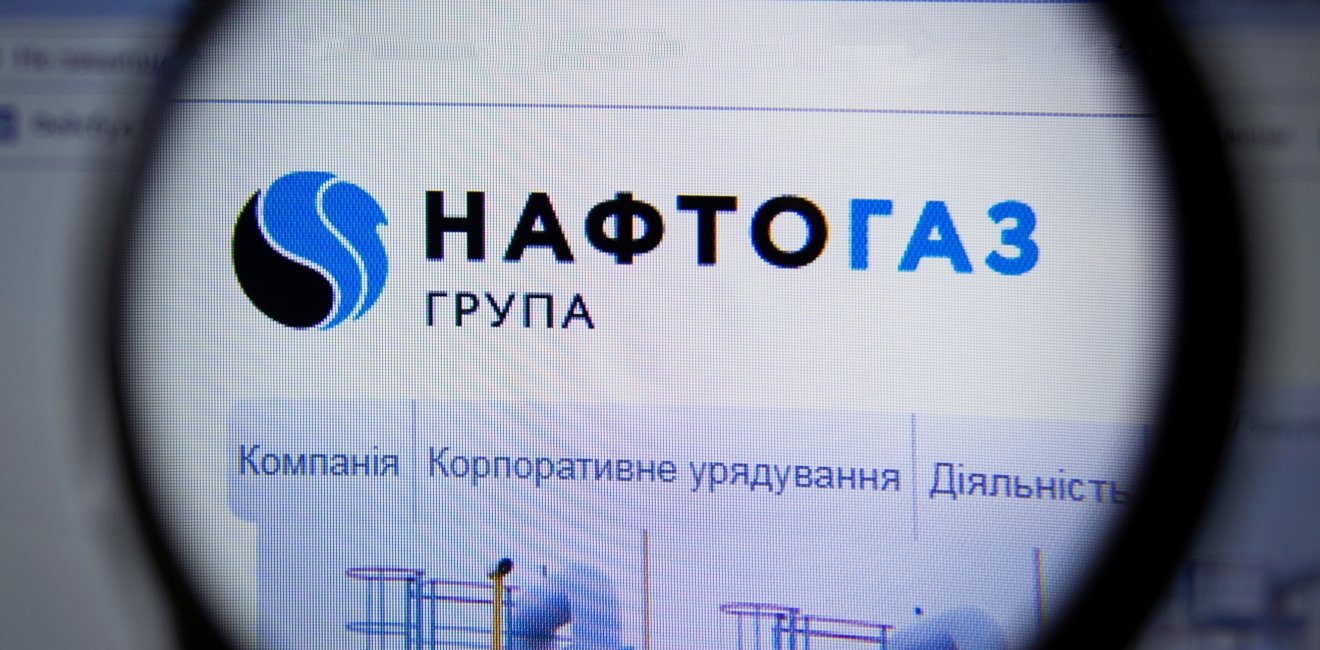
A blog of the Kennan Institute
INTERVIEWS CONDUCTED BY MYKHAILO MINAKOV
In the wave of post-Euromaidan reforms, a key task for the Ukrainian government was to ensure that public corporations were removed from cycles of corruption, became fully accountable, and brought revenue into the state budget. The interim results of this reform were recently put to the test when the Cabinet of Ministers held a meeting of the general assembly of shareholders of Naftogaz of Ukraine and terminated the powers of the supervisory board and of Andrii Kobolev, CEO; Yurii Vitrenko, acting energy minister, was appointed the new CEO. This decision has raised concern among Ukraine’s Western partners, including the U.S. State Department and the G-7 ambassadors.
To understand the causes and consequences of the Ukrainian government’s decision, I posed two questions to a group of experts, who debated the situation at the Kennan Institute’s recent round table:
- Where does Ukraine stand in terms of public corporations’ governance reform?
- How do you explain the rapid change in Naftogaz’s management?
The answers illustrate the complexity of the context and of the reform’s results:
Victor Andrusiv
1. The reform of public corporations’ management in Ukraine was obscured by a curtain of dissimulation. The case of Naftogaz has led to the parting of this curtain, and now we see how many mistakes were made in the course of executing the reform. The following deficits, in my opinion, were at least partly responsible for the poor results of the reform:
- The opacity surrounding the activities of members of independent supervisory boards. The agreements and tasks of members were not made public. So it was difficult to understand whether they were effective or not.
- The financial dependence of supervisory board members on top management. The goal of making board members independent of state bodies has led to a certain dependence no top management. The board members should evaluate the work of the people who pay them their overly generous compensation and provide conveniences (for example, the head of the supervisory board of the Ukrainian railway receives a four times greater compensation than the head of Deutsche Bahn). Finally, even after the failure of top management, boards do not fire the head of the corporation. This actually happened at Naftogaz, where losses of $1 billion were not treated as a failure by supervisory board members.
- The absence of key performance indicators for board members. Beside the undisclosed agreements concerning board members’ tasks, there are no concrete KPIs for board members.
Now we have to focus on the steps that should be taken to strengthen the reform. These are the best lessons that can be drawn from the Naftogaz case.
2. Certainly, the way the changes were made shows that the government was not confident about support from Ukraine’s international partners for former board chair Andrii Kobolev’s actions. Ukrainian journalists uncovered Mr. Kobolev’s intense lobbying efforts in Washington in support of his position. Now that Mr. Kobolev has been removed from his position, the hired lobbyists are expected to advocate refusing aid from international financial organizations and the US government, at a time when Western governments are prepared to increase assistance to Ukraine in the face of mounting threats from Russia in Ukraine’s East.
Meanwhile, the year-over-year results of Naftogaz looked like a huge failure of management and left the prime minister, Denys Shmyhal, without a choice. Besides the $1 billion in losses and failure to meet gas production benchmarks, there were also signs of cooperation between Mr. Kobolev and certain oligarchs, whose continuing influence on Ukraine’s government is a particular sore spot for Ukraine’s Western partners. Especially notable in this regard was the cancellation of the independent competition for the head of Ukrnafta (a top oil production company, influenced by the oligarch Ihor Kolomoisky) by the company’s board. Naftogaz’s lawyer, Mr. Teklyuk, added the final vote needed by the pro-Kolomoisky faction to terminate the competition, which allowed Mr. Kolomoisky to retain control through the previous head of the company, Mr. Oleg Geza. Another big story is the agreement between Naftogaz and Ye Energia company, which belongs to the oligarch Dmytro Firtash. This agreement was made in non-market fashion and allowed Ye Energia to preserve its monopoly on gas retail.
Nataliya Katser-Buchkovska
Among the burning issues for Nafotgaz right now are continuing the gas market reform, increasing production, and developing underground gas storage capacity so that Ukraine can become a regional gas storage hub. The government should also focus on improving interconnectivity and maintaining the gas transmission system’s load, while looking for new sources of gas supply.
The global gas market is changing, especially under pressure of the pandemic and global interest in decarbonizing the oil and gas industry. Liquefied natural gas is becoming the new driver of the gas trade in Europe and the world, being a marginal power of energy transition, while green technologies are being introduced at every level of the energy supply. Naftogaz's leadership needs to align with these challenges, learn from the European experience, and join the trend. In the nearest future, Naftogaz needs to adapt to global climate change mitigation and decarbonization policies. Besides, Naftogaz, as Ukraine’s largest gas producer, must contribute to the gas market liquidity to promote a fair, competitive market.
Andrian Prokip
1. Formally, many state-owned companies were implementing the reform. However, some of them were unable to demonstrate the effectiveness of the changes. In some cases, members of supervisory boards lacked experience in areas of the company’s operations, which resulted in poor control of operations. A good example is Clare Spottiswoode. Until recently Naftogaz’s supervisory board chair, she had missed serious mistakes in the companies she had served before joining Naftogaz.
Another challenge is the lack of transparency around emoluments. Corporate governance is a must-do reform for state-owned companies, but the principles of supervisory board selection and operation should be reviewed.
2. I see a couple of reasons why the government might have been dissatisfied with Naftogaz’s management and that could have factored into the decision to dismiss Kobolev. Besides the losses the company experienced in 2020, Naftogaz failed to increase gas production by 30 percent, as the government program had stipulated. Instead, there was a slight drop in gas production. Moreover, just a few days before Kobolev’s dismissal, Naftogaz announced that gas prices for households in the coming year would be higher than expected. Naftogaz is a market maker; other companies will not propose a lower price. Ironically, the extra profits realized from liberalizing gas prices had to be used to finance increasing gas production.
The opinions expressed in this article are those solely of the author and do not reflect the views of the Kennan Institute.
Authors




Director, Energy Program, Ukrainian Institute for the Future

Kennan Institute
After more than 50 years as a vital part of the Wilson Center legacy, the Kennan Institute has become an independent think tank. You can find the current website for the Kennan Institute at kennaninstitute.org. Please look for future announcements about partnership activities between the Wilson Center and the Kennan Institute at Wilson Center Press Room. The Kennan Institute is the premier US center for advanced research on Eurasia and the oldest and largest regional program at the Woodrow Wilson International Center for Scholars. The Kennan Institute is committed to improving American understanding of Russia, Ukraine, Central Asia, the South Caucasus, and the surrounding region through research and exchange. Read more

Explore More in Focus Ukraine
Browse Focus Ukraine
Talking to the Dead to Heal the Living

Ukrainian Issue in Polish Elections


